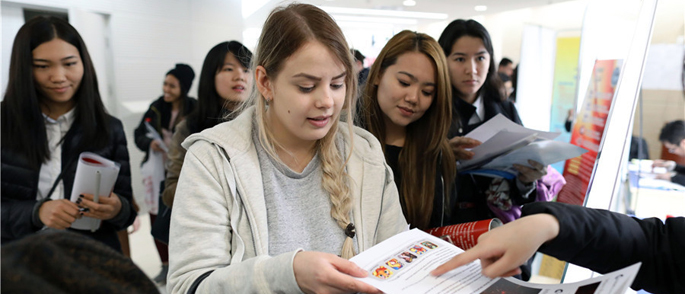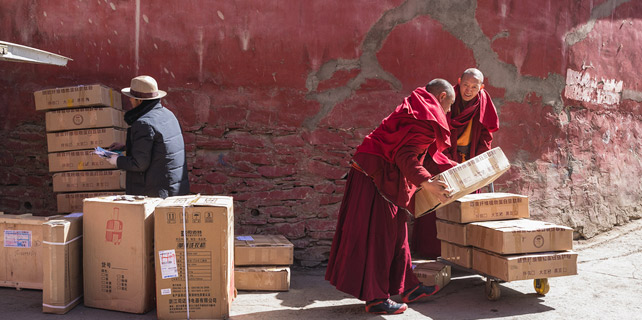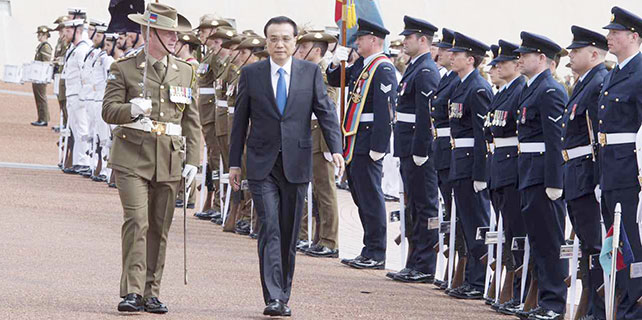AIIB greets 13 more members
Canada's joining the Asian Infrastructure Investment Bank makes it the first country in the Americas to join the organization, the AIIB announced on Thursday.
AIIB's Board of Governors adopted resolutions on Thursday approving bank membership for 13 applicants, bringing its total approved membership to 70. The 13 countries and regions will officially become members once they have completed any necessary domestic processes and deposited the first installment of capital with the bank.
This is the first time that the AIIB has welcomed new prospective members to the bank since its launch in January 2016.
"The AIIB is a multilateral financial institution founded to bring countries together to address the daunting infrastructure needs across Asia," said Laurel Ostfield, head of communication and development at AIIB, so Canada's joining shows its "desire to be part of development with the world".
The approved applicants are regional prospective members Afghanistan, Armenia, Fiji, Hong Kong and East Timor, as well as nonregional prospective members Belgium, Canada, Ethiopia, Hungary, Ireland, Peru, Sudan and Venezuela, she said.
AIIB President Jin Liqun said, "The interest in joining the AIIB from around the world affirms the rapid progress we have made to establish the bank as an international institution.
"I am very proud that the AIIB now has members from almost every continent, and we anticipate further applications being considered by our Board of Governors later this year."
Canada's joining illustrates worldwide recognition of China's efforts to improve economic and social development in Asia by investing in high-quality, financially viable and environmentally friendly infrastructure projects, said Tu Xinquan, a professor of foreign trade at the China Institute for WTO Studies at the University of International Business and Economics in Beijing.
Ostfield said that about a dozen more nations are waiting for membership approval. The door is still open to the United States and Japan, but the bank hasn't received a request from either country, she said.
The United Kingdom, Germany, France, Italy and other US allies such as Australia and South Korea are members.
Former US President Barack Obama's administration drew wide criticism at home for its initial response to AIIB when the US tried to prevent its allies from joining the bank. US President Donald Trump's former campaign adviser James Woolsey Jr, a former CIA director, once indicated that that the new administration might consider joining.
Claude Barfield, a resident scholar at the American Enterprise Institute and a former consultant to the office of the US Trade Representative, said on Thursday that he also believed the US made a mistake not joining at the time. But he said it's too late now, particularly with the Trump administration.
"I can't see them moving forward in it in terms of joining," he said.
"You never know. Trump is very mercurial and he likes construction projects. So who knows, it could be something thrown in when he meets with (President) Xi Jinping or later. But I won't count on it," he said.
Kazumasa Iwata, president of the Japan Center for Economic Research, indicated that Japan had decided in 2014 not to join but to launch its own $100 billion infrastructure program.
He said on Thursday that security issues were among the main reasons for Japanese decision-making, citing the maritime territorial dispute over the Diaoyu Islands between China and Japan and tension in the South China Sea.
















